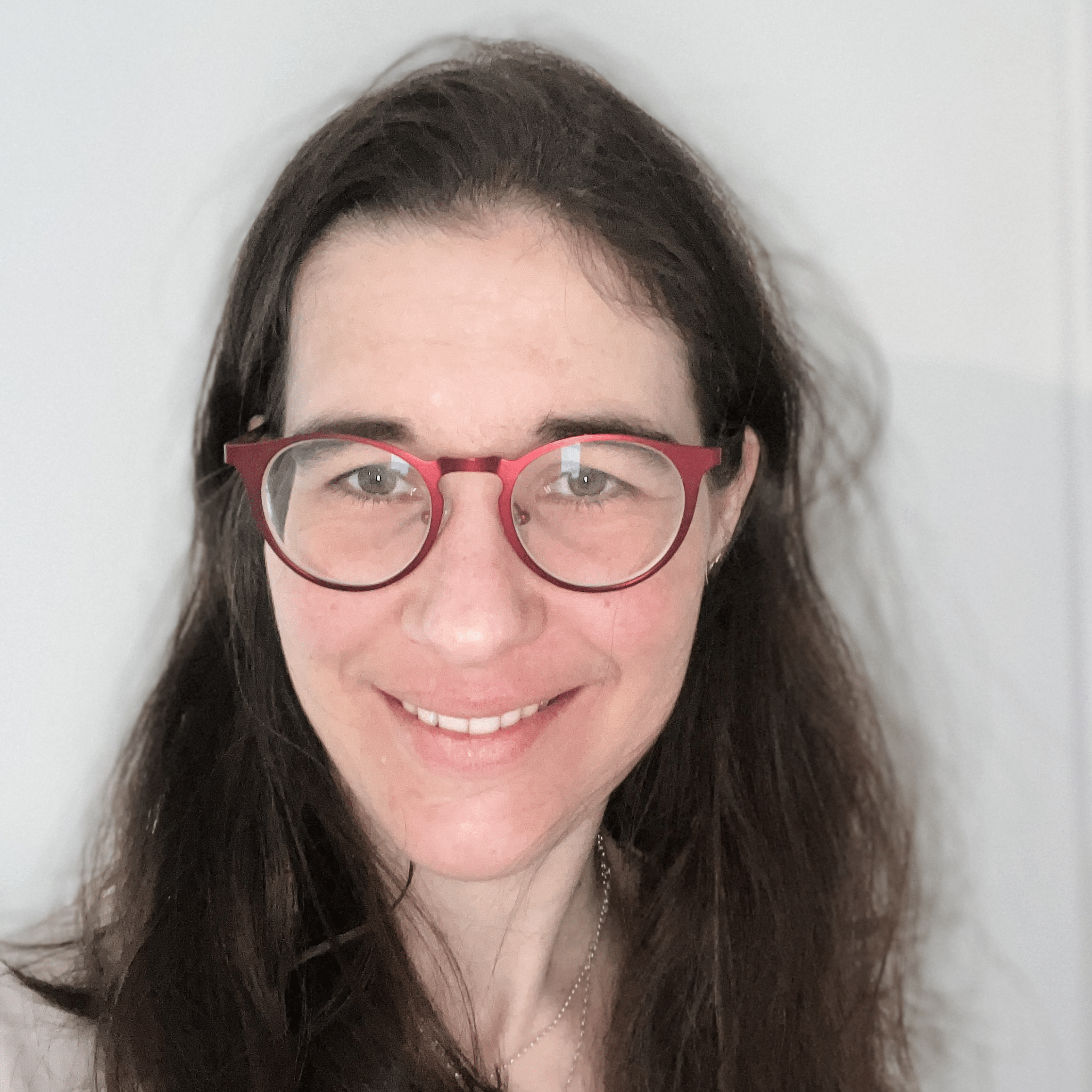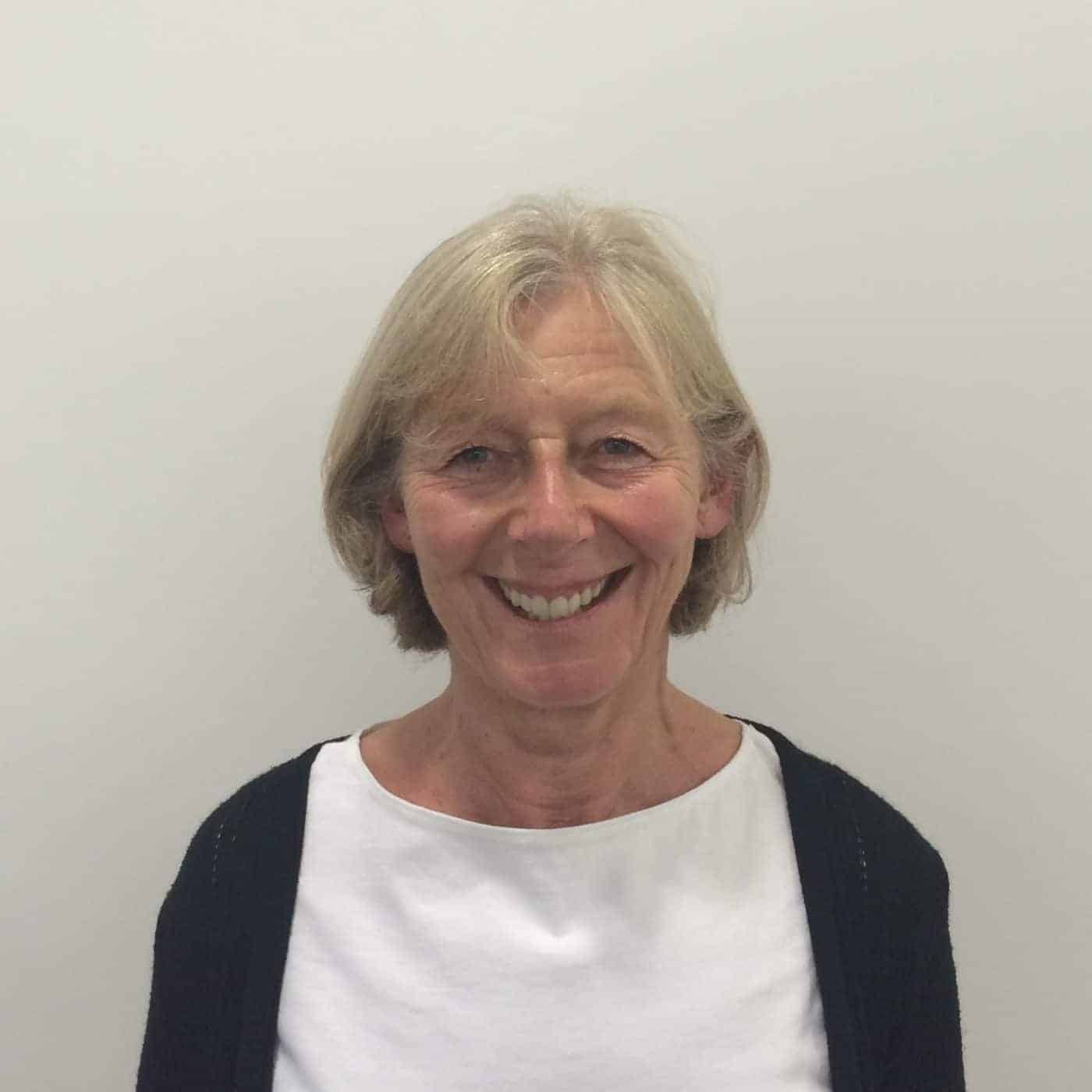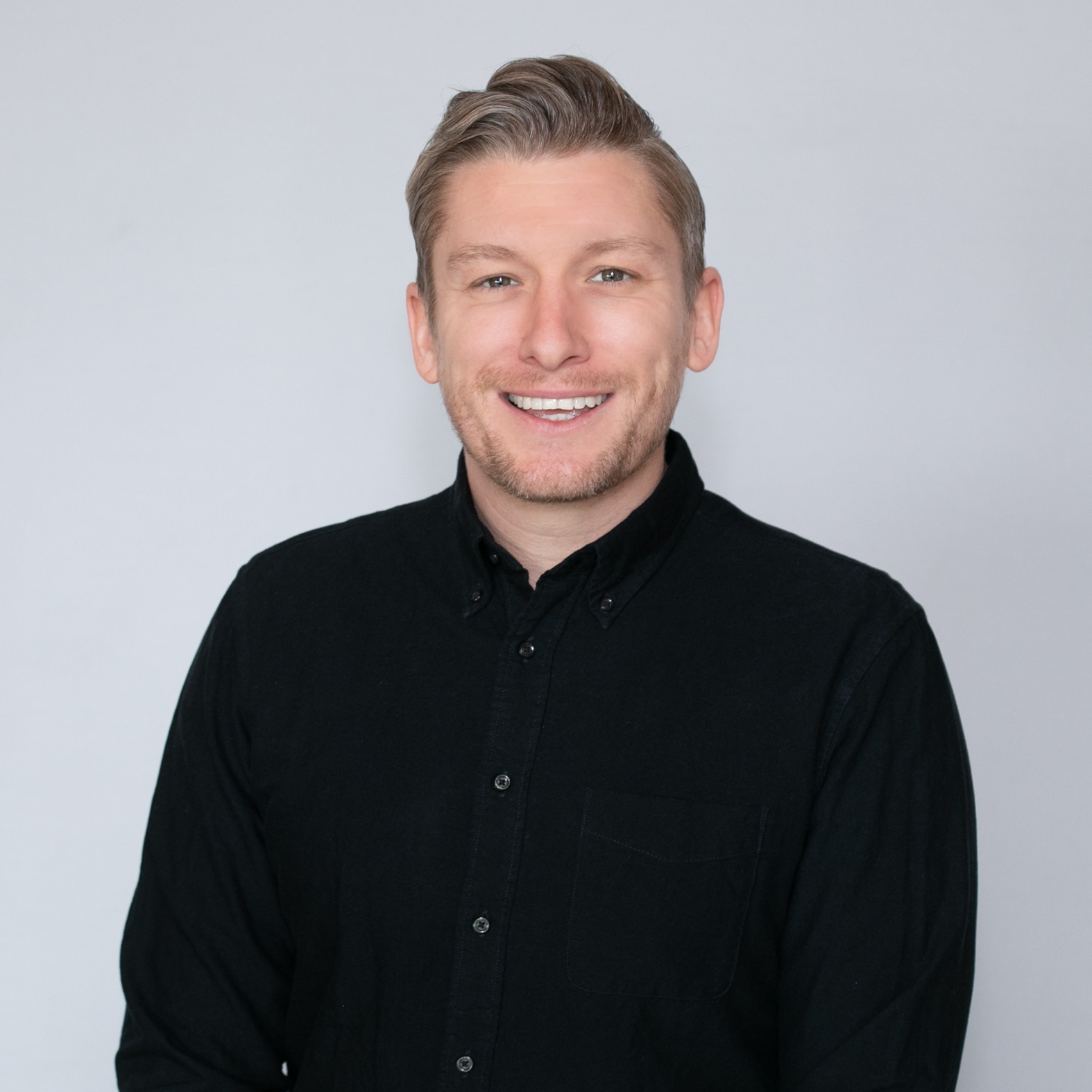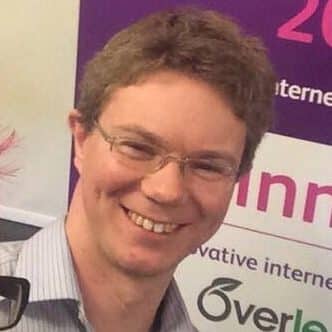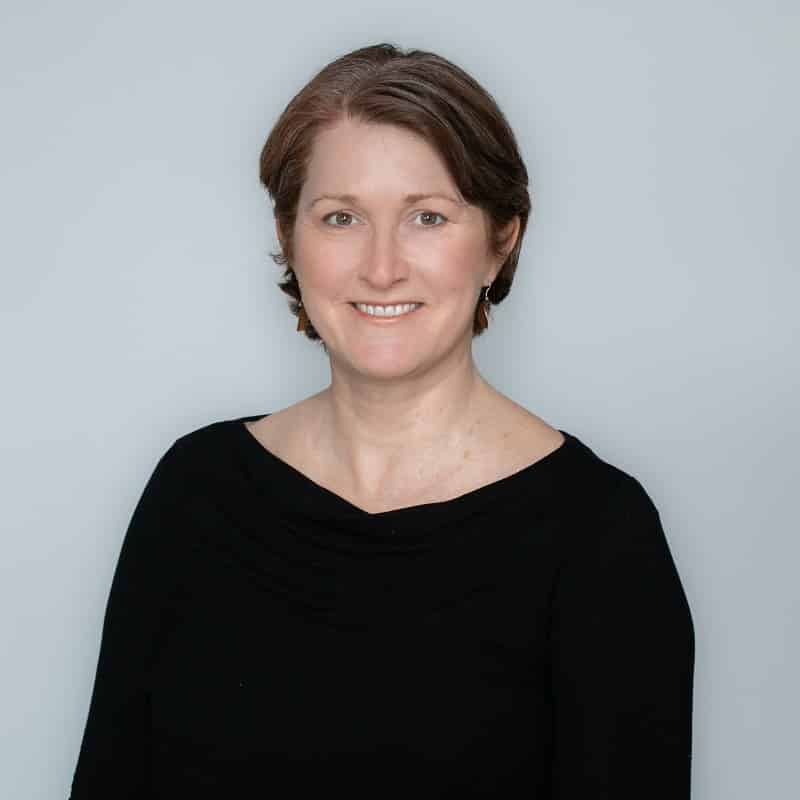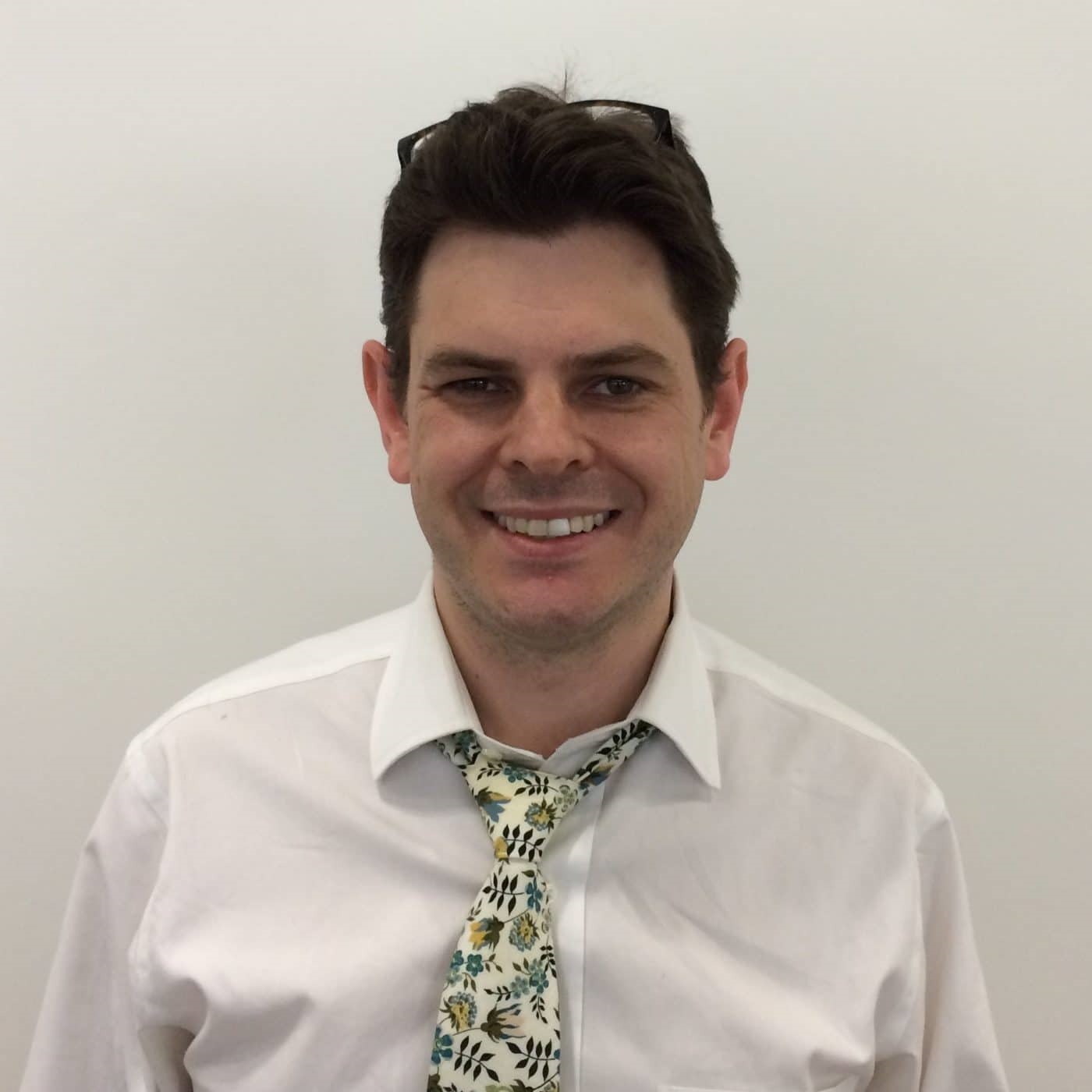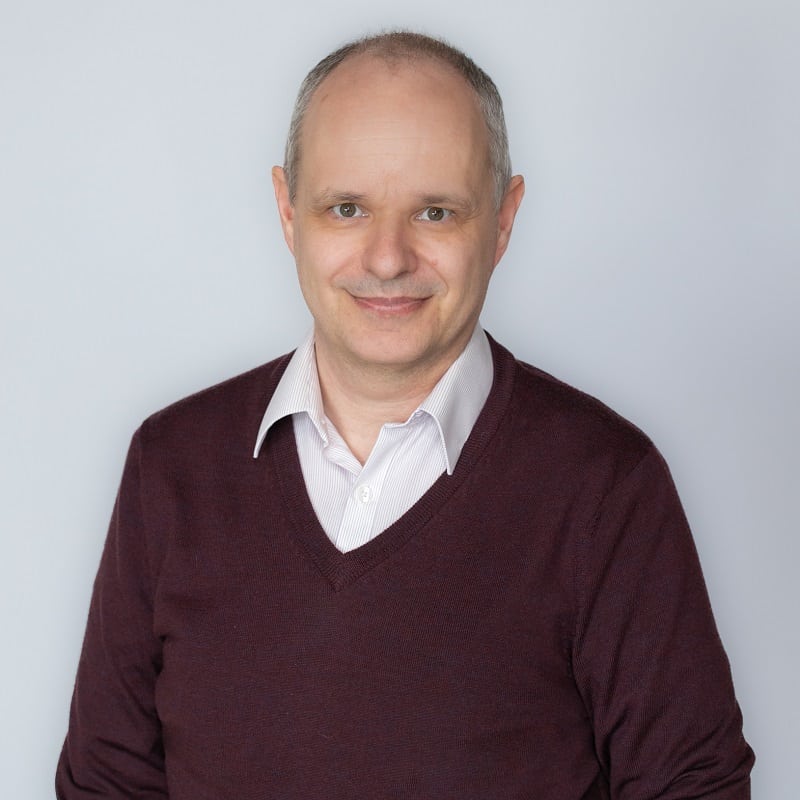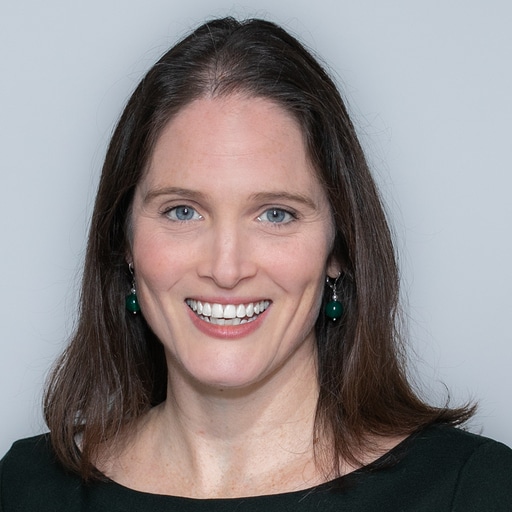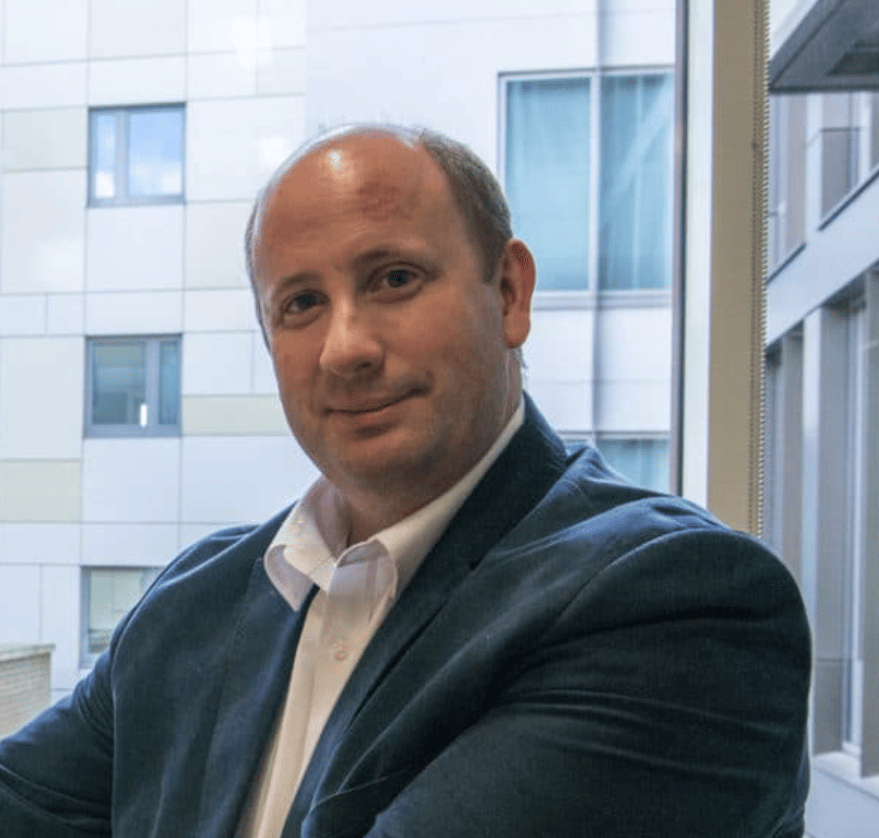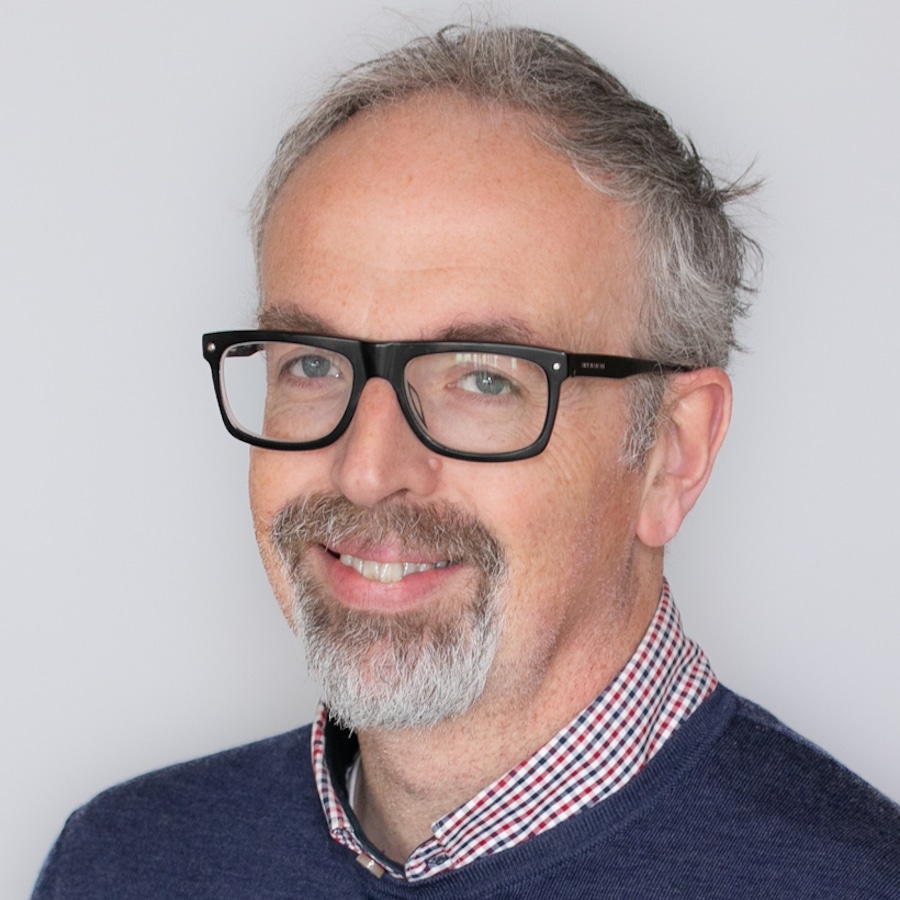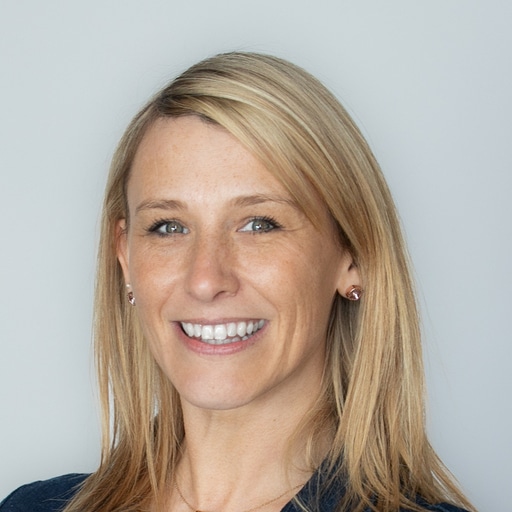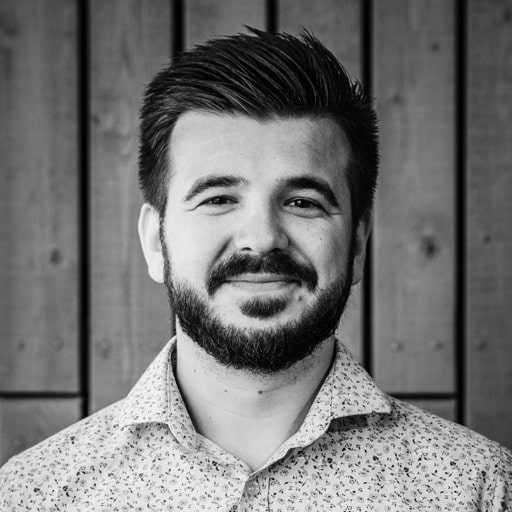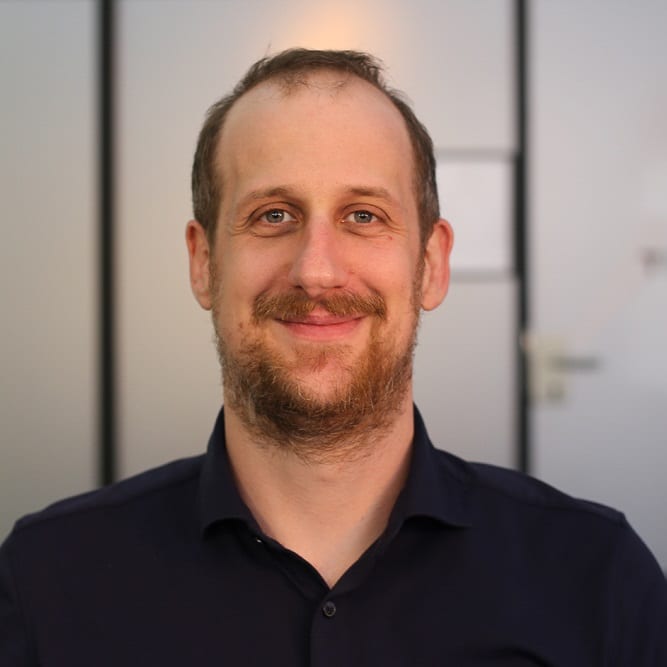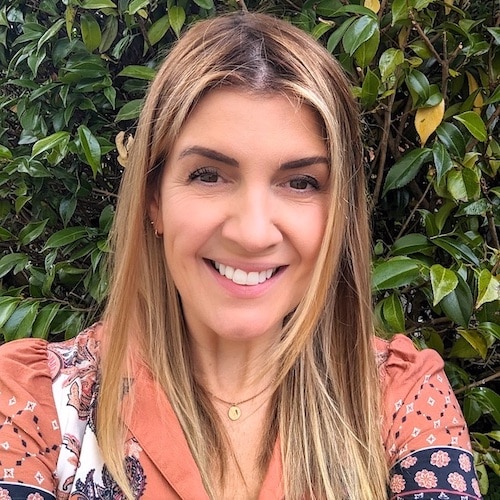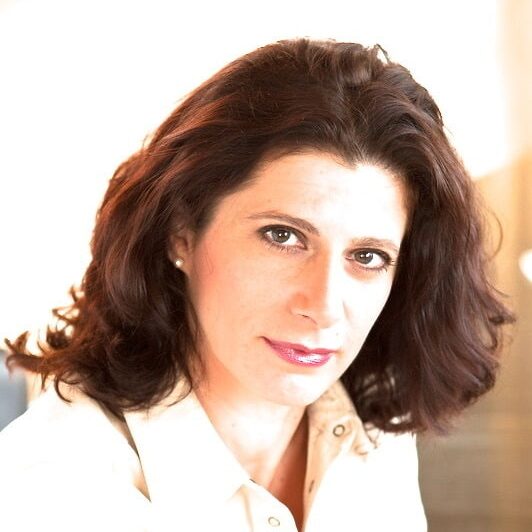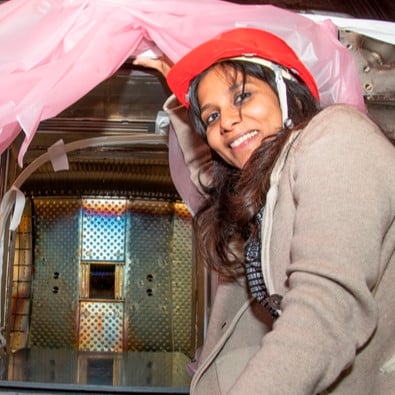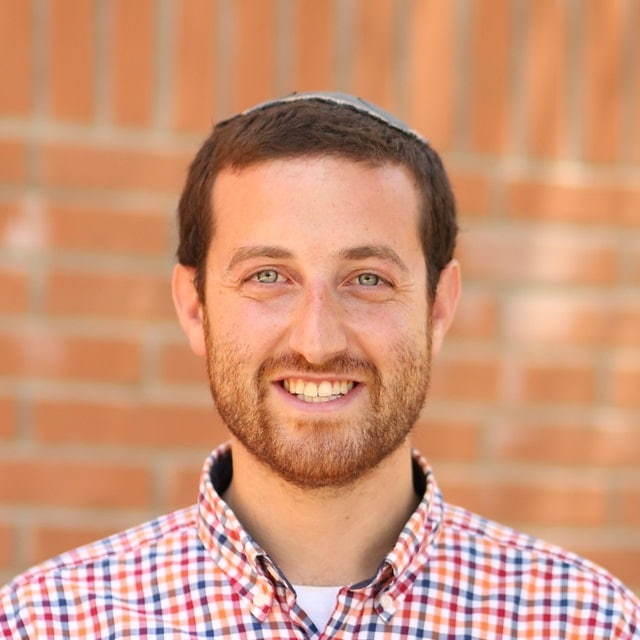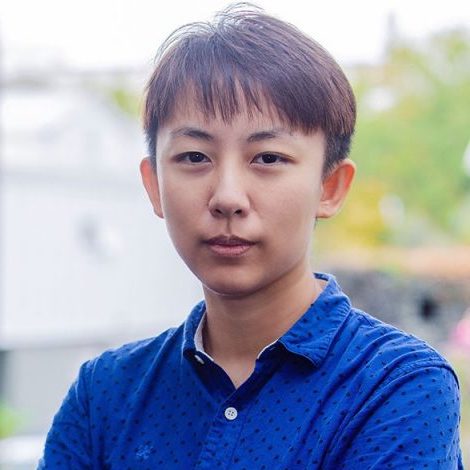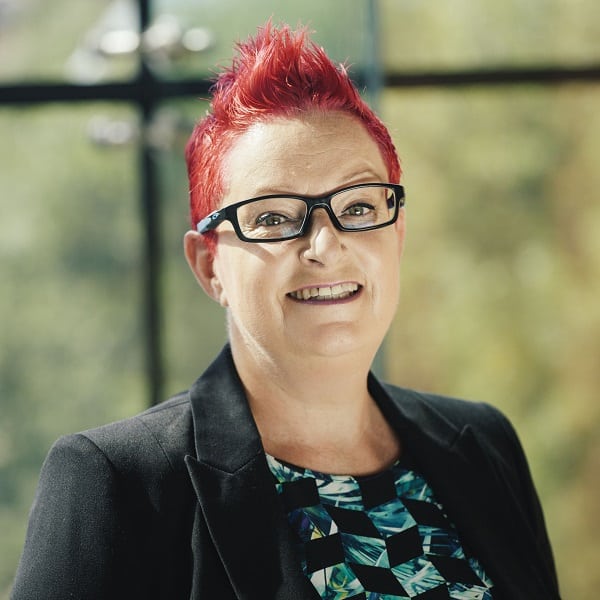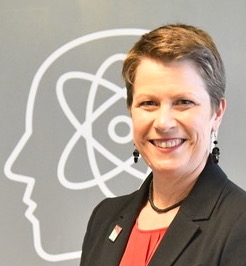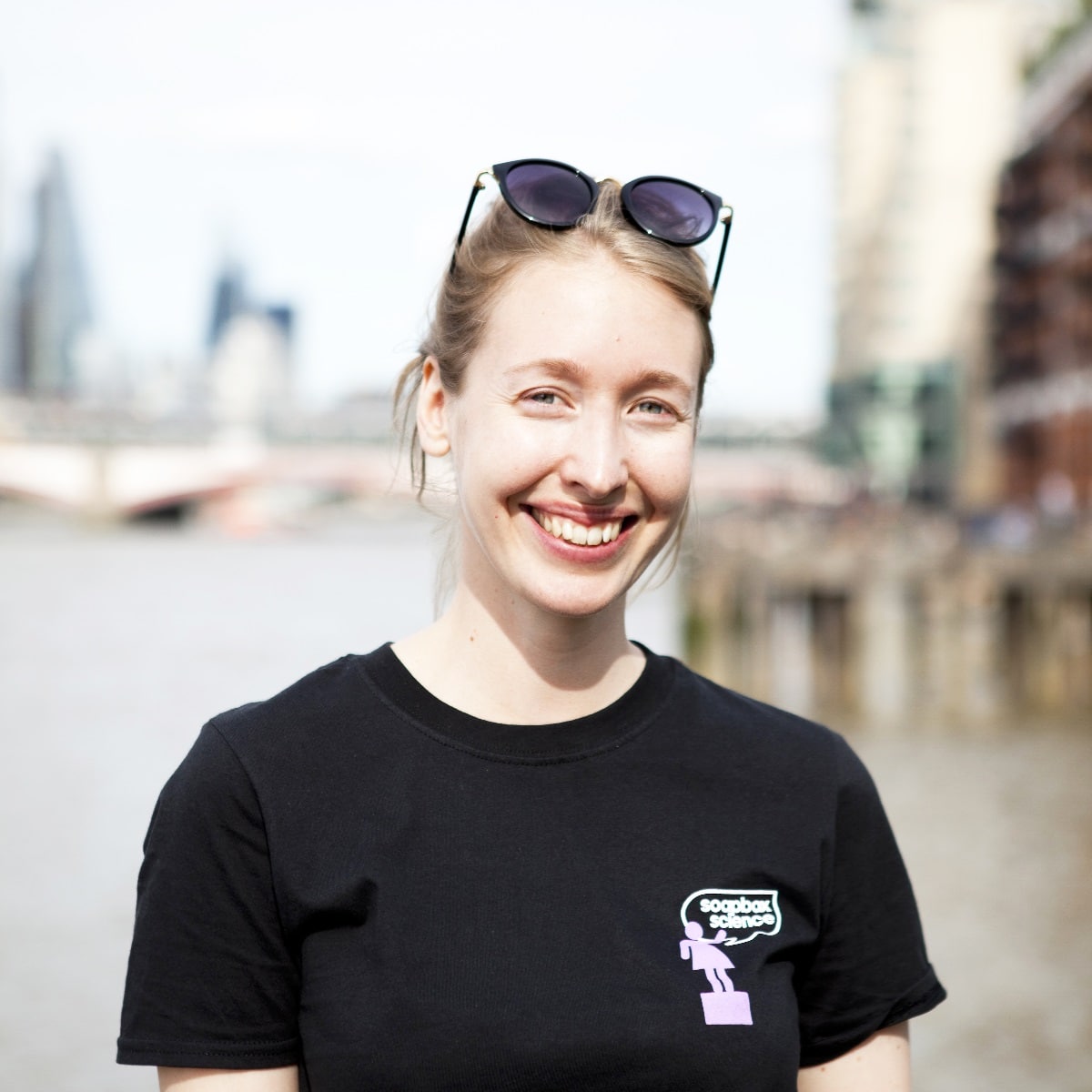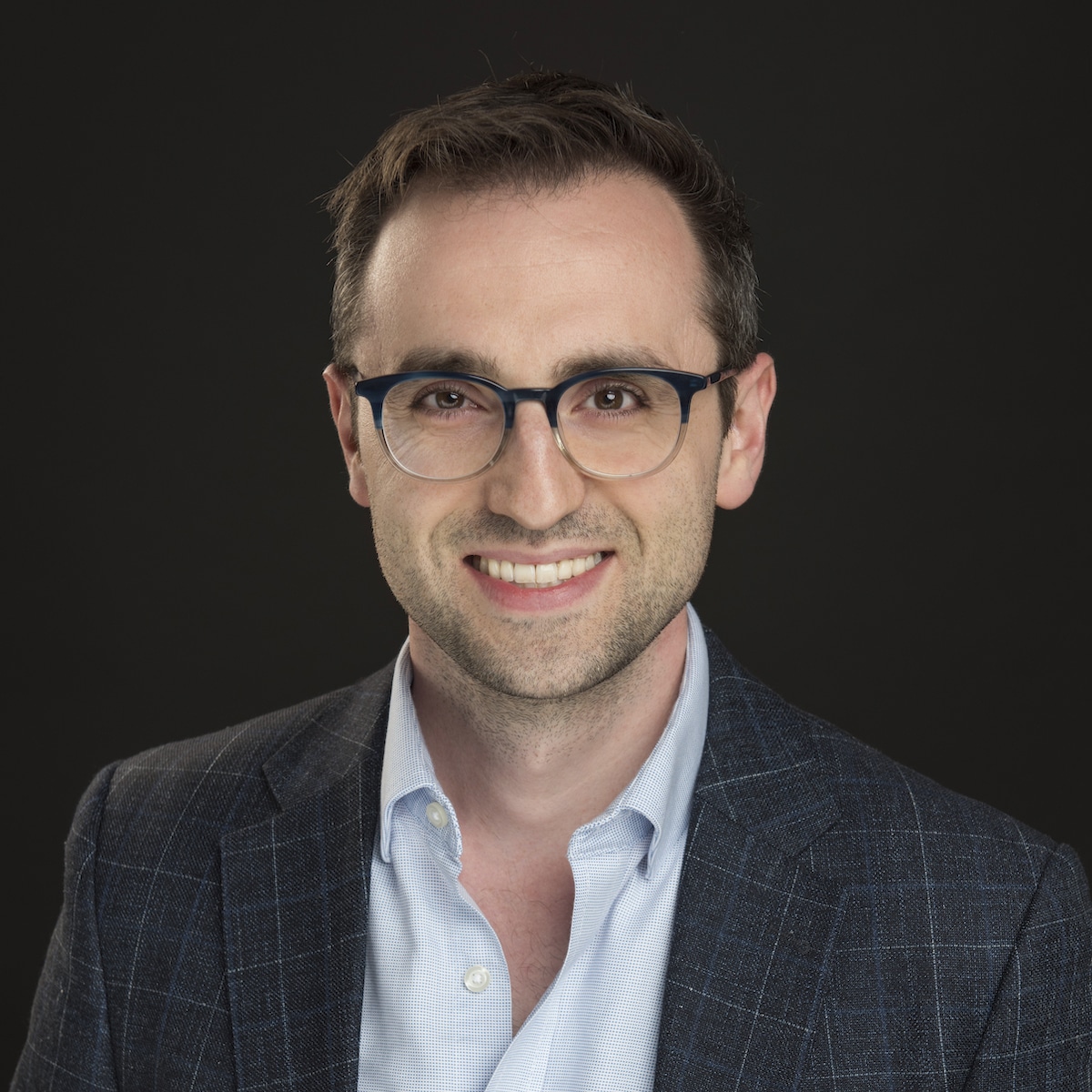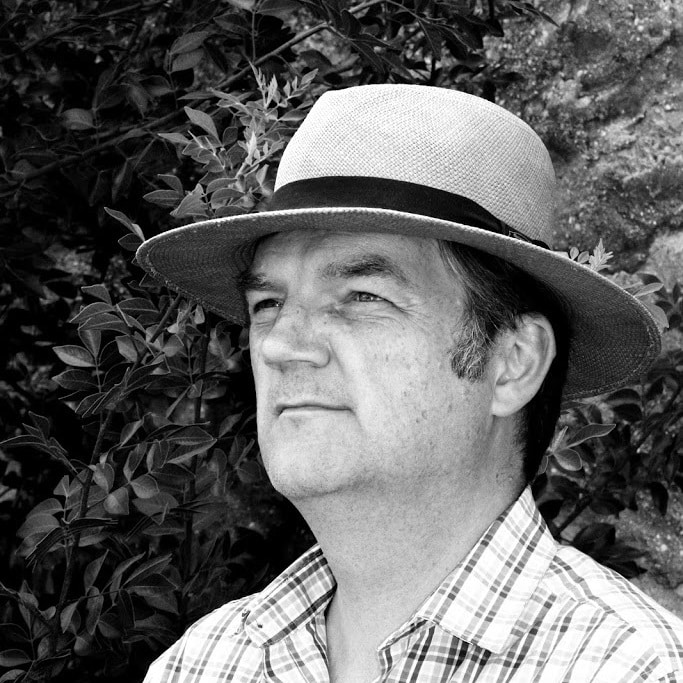It’s a brand new month, and therefore time for another TL;DR Tuesday episode of our Speaker Series interviews. This month we’re sharing our chat with Nobel laureate and former President of the Royal Society, now Group Lead of the Structural Studies Division of the Medical Research Council’s Laboratory of Molecular Biology, Venki Ramakrishnan.
The pursuit of curiosity
Like many of the best science careers, Venki’s has not followed a linear path. Initially pursuing a PhD in physics, Venki then ventured into the realm of biology, which was making dramatic advances in discovery and development, a trend that he feels continues to this day. Though both physics and biology fall within the classic core sciences, the subjects are vastly different, with each research area communicating through their own specific languages. To fully understand his new chosen field of research, Venki felt that he must start from the ground up, initially enrolling in undergraduate courses in biology to bring himself up to speed.
Though many topics in biology fascinated Venki, it was his curiosity about the function and mechanism of the ribosome that captured his imagination the most – and ultimately led to him winning the Nobel Prize for Chemistry in 2009, securing his name in the history books and becoming a scientific triple threat in the process. The ribosome is a large and complex molecular machine found in almost every cell. It uses genetic information to synthesise the proteins that play a part in almost every biological process. These macromolecular mini-machines have formed the basis of Venki’s 40-year career so far.
Competition – good for science, bad for scientists
When asked about his fellow Nobel Prize winners for Chemistry in 2009 and whether they were collaborators, Venki spilled the tea that Ada Yonath was actually more of a competitor than a colleague. Venki believes that sometimes in scientific research, competiton can spur us on – it makes researchers work hard and think hard. Venki uses an example of such a way of working from a book on his current reading list, The Making of the Atomic Bomb by Richard Rhodes, about the Manhattan project. In this book, and going against the chosen narrative of the blockbuster movie of 2023, Oppenheimer is more correctly portrayed as one person working within a vast enterprise to solve a specific problem before anyone else did; the group’s work was driven purely by the threat of Germany developing similar technology first.
While such focused research efforts were also seen during the Space Race and more recently around the quest for COVID-19 vaccines, Venki also celebrates the part that collaboration has played in many of science’s most recent discoveries, citing the Human Genome Project, the discovery of gravitational waves, and the identification of various bosons as huge and fundamental scientific breakthroughs that could only be achieved by hundreds and thousands of people working together. The balance between competition and collaboration very much depends on the research being done, but finding the right combination of the two can lead to impactful innovations.
Science needs to be conducted in diverse ways
With parallels to a topic that our recent TL;DR Shorts guest Courtney Hohne talked about, Venki makes a case for creating a working culture that allows scientific research to be conducted in a range of ways – with some scientists working individually to solve problems while others work in large groups. This is something that Courtney has been promoting in her work creating moonshot factories that give researchers and innovators space and time to nurture ideas. While Courtney feels that, when it comes to the translation of research from information to impact, the first solution past the post may not always be the most impactful solution, Venki suggests that it does help to work within a space in which research can swiftly be translated into reality, as was the case with the COVID-19 vaccines. With a greater understanding of the problem and the ways in which a solution could be adopted, the second or even third development could be the better option, but when a solution is urgently needed, speed and agility can win out.
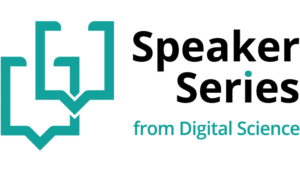
Supporting fundamental research to scaffold novel breakthroughs
Most of Venki’s research career has focused on ribosomes, driven in large part by his curiosity about them. This led us to talk about whether the way that we currently measure research success gives researchers enough space to explore more fundamental aspects of science. While it is important to see the bigger picture and be able to articulate how your research contributes to the wider context of improving things for the society that funds a lot of this research, Venki hopes that there is still space for blue skies research. He reflects on the way the Medical Research Council here in the UK and the National Institutes of Health in the USA fund foundational research. By nurturing basic research they are able to support breakthroughs in the treatment of a range of diseases, as researchers are better able to understand the mechanisms of our complex chemical processes, and can design better, more specific solutions to problems using this new knowledge.
The impact of such research may be tricky to predict ahead of time, but Venki reminds us of the value of the ripple effect of foundational research, and how we must ensure that research of this nature continues to be supported. Venki says that “while directed research can improve things in a field that is already known, fundamental research can break open entirely new fields and create revolutionary new applications”. He suggests that governments can support this by agreeing to set aside a certain proportion of research funding for potentially higher risk research that does not have an obvious impact at the start but could unlock huge innovation potential. Venki also believes that there should be more work done to support and nurture ideas that could be developed into start-ups and spin-out companies to encourage further research development.
From information to impact – translating research into reality
In our chat, Venki also discusses ways in which we can redesign research to ensure that we are encouraging innovation. While researchers are well trained in the rigorous ways of the scientific method, he suggests that by building broad ecosystems of researchers, industry experts, entrepreneurs, and those who can support and nurture start-ups, we can expose researchers to the other possibilities that exist within research but outside of traditional academic career paths. Showcasing the range of research careers that exist in public engagement, science policy, publishing and more could help people better understand the range of ways in which people can work in research, and that these roles are just as valuable as academic research.
Bridging the barriers through cross-disciplinary, cross-segment research hubs
When you think about biotech, you think of Boston. When you think about software development and AI, you think of San Francisco and Silicon Valley. Venki believes that the secret to the success of these hubs of research is the proximity of one segment of research to others. For example, the biotech scene in Boston has been centred around Kendall Square. This neighbourhood of innovation is located a short stroll from MIT, Harvard, and many leading biotech, pharma and life science companies. Through human curiosity and the resultant social interactions, engagement across segments is increased and often leads to the development of novel and impactful solutions to the challenges we face.
While Venki acknowledges that Cambridge UK is as close to the Cambridge MA, USA research hub as we currently have in the UK, he does acknowledge that an even closer proximity between labs, research parks and universities in the area could further encourage these encounters and spark new ideas across research segments, while once again exposing researchers to a range of other career pathways.
I couldn’t interview a Nobel laureate without asking what it felt like to get that call from Sweden. Venki was very humble about being awarded what is widely considered to be the ultimate prize. However, to hear him talk about that experience – and the hilarious and surprising altercation with a Swedish biologist that preceded it – you can watch my interview with Venki on our YouTube channel, and check out our Speaker Series playlist on YouTube which includes chats with some of our previous speakers, as well as our TL;DR Shorts playlist with short, snappy insights from a range of experts on the topics that matter to the research community.
And if you’re in London or the South East of the UK, you can catch me interviewing Venki at the Royal Institution on Tuesday 9th April 2024 as part of our Speaker Series Live. I’ll be asking Venki about his new book entitled “Why We Die” that looks at “the new science of ageing and the quest for immortality”. The recording will be available on the Ri’s YouTube channel a few weeks later.
With thanks to Huw James from Science Story Lab for filming and co-producing this interview. Thanks also to our hosts, the Medical Research Council Laboratory of Molecular Biology (the MRC LMB), Cambridge, UK, and to Venki for his time.



